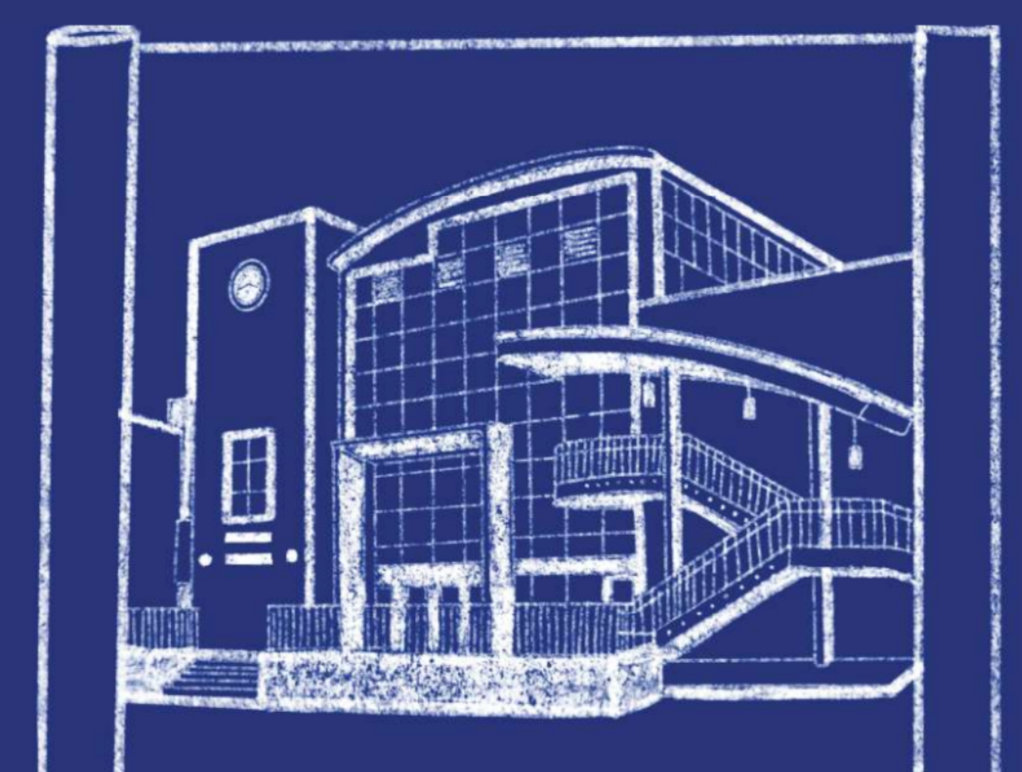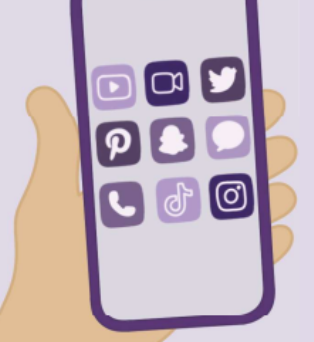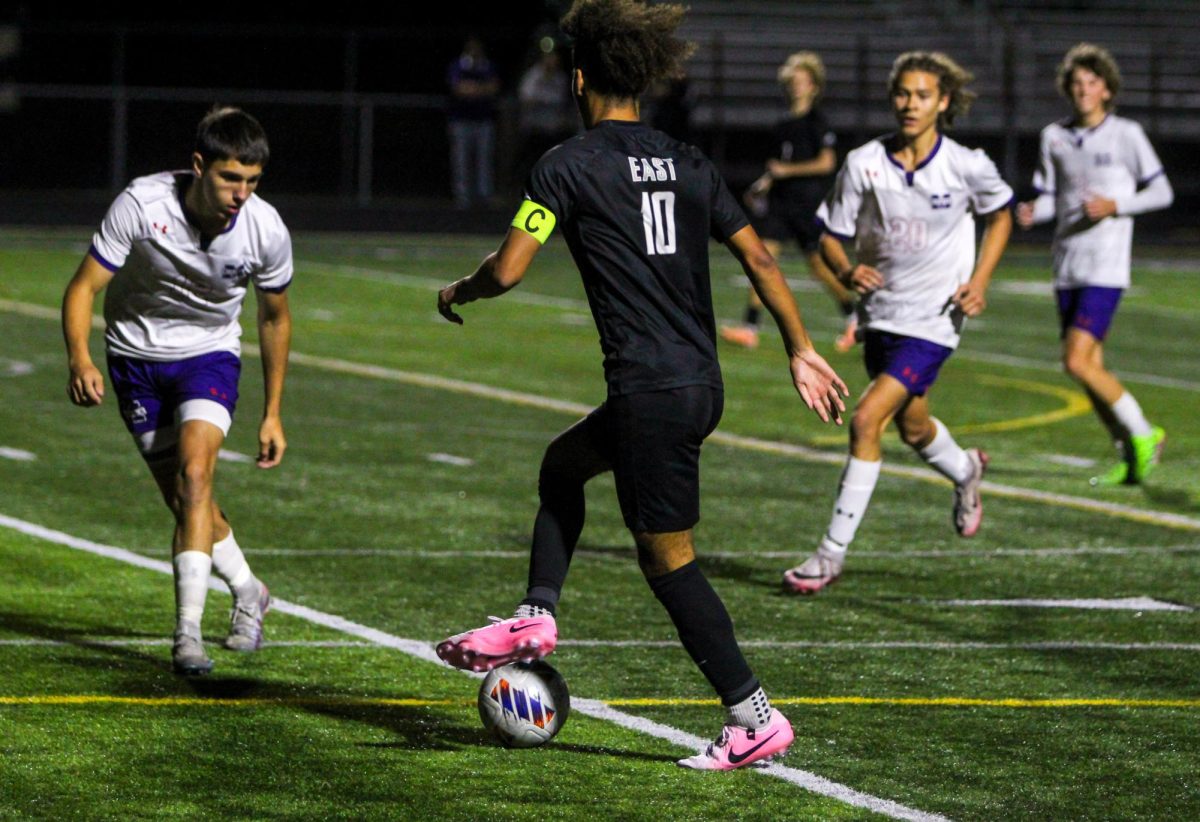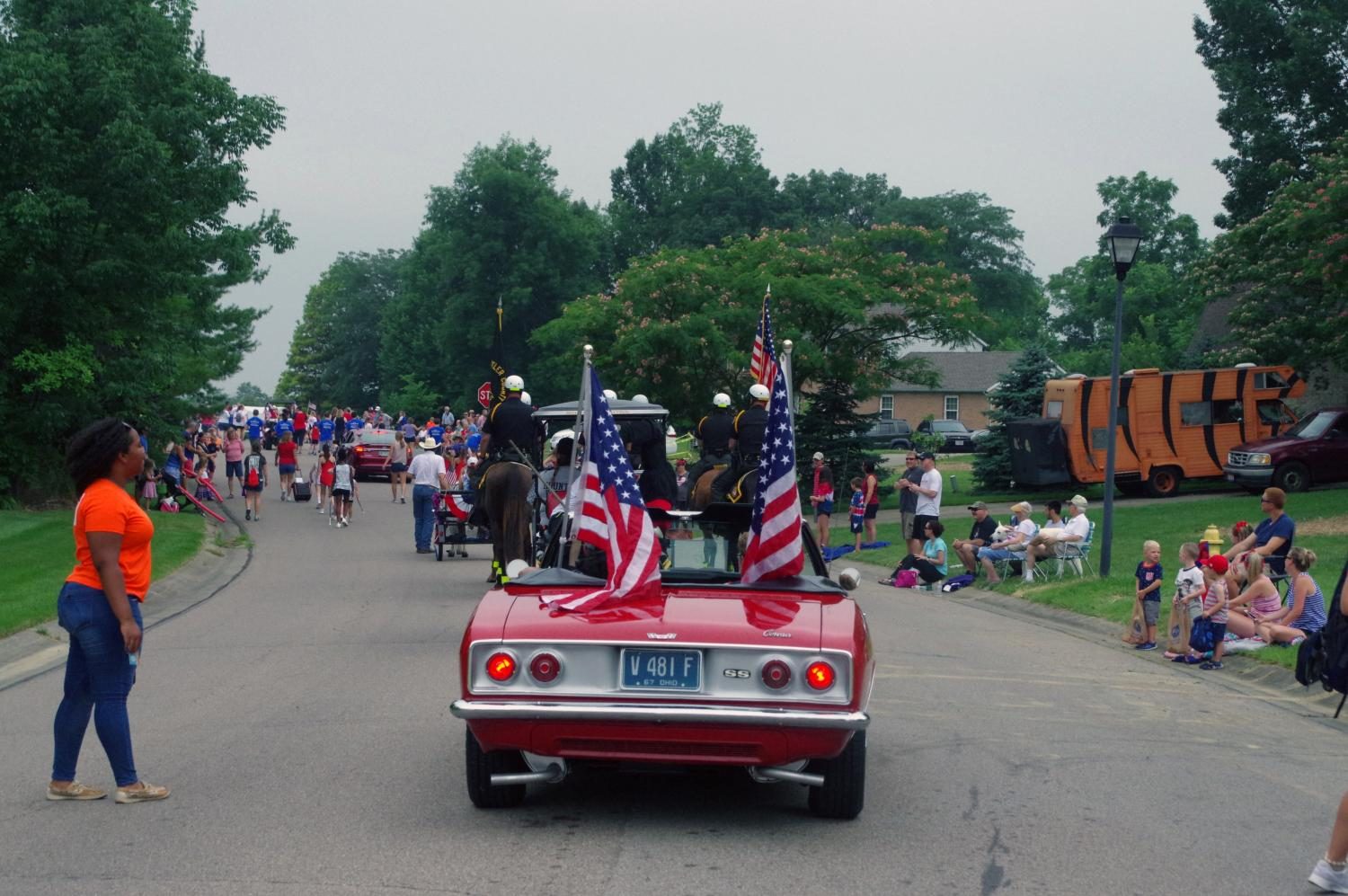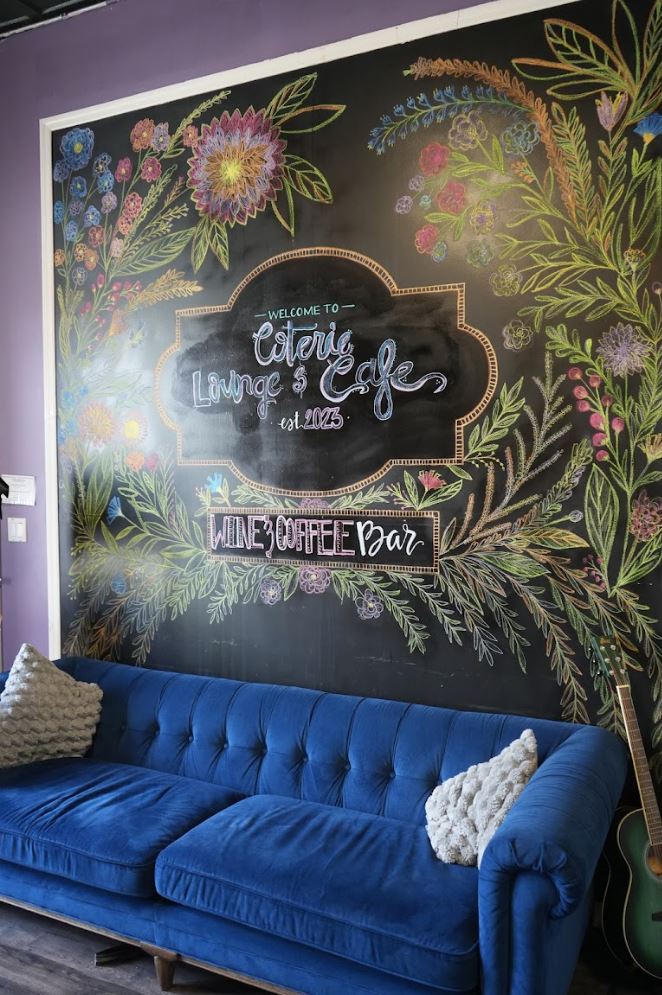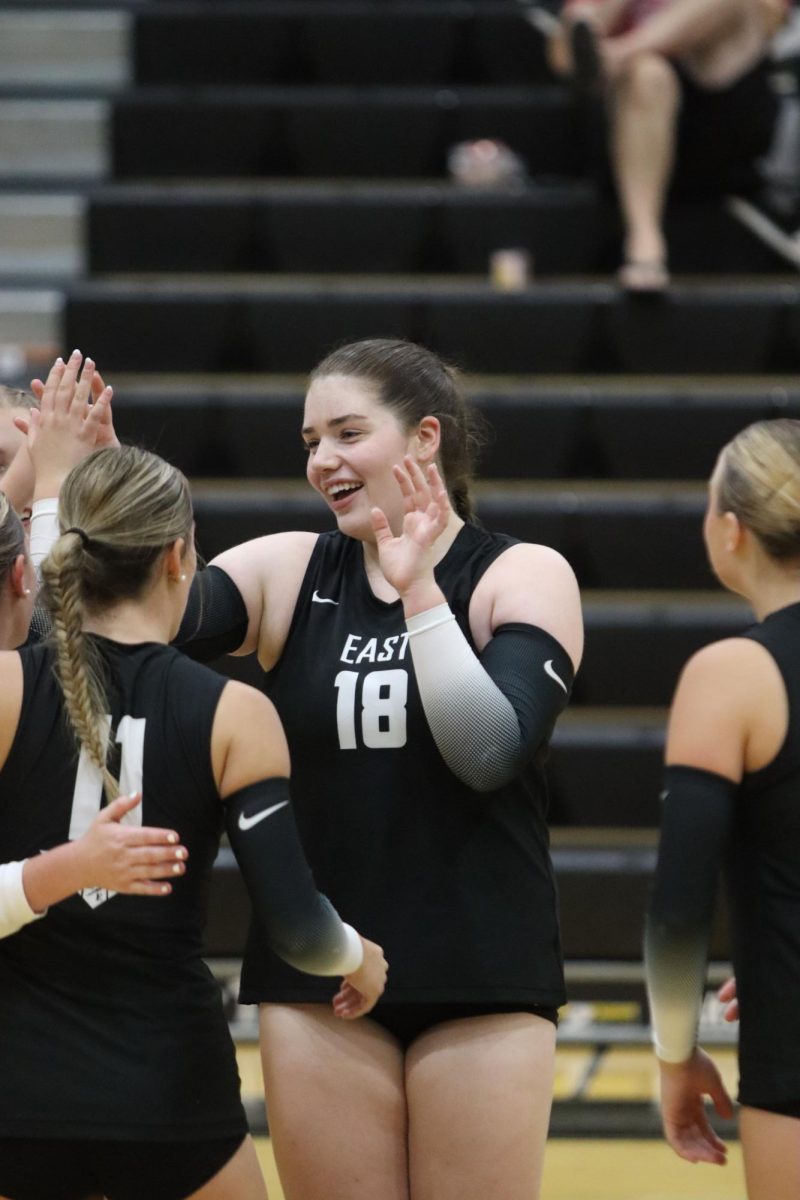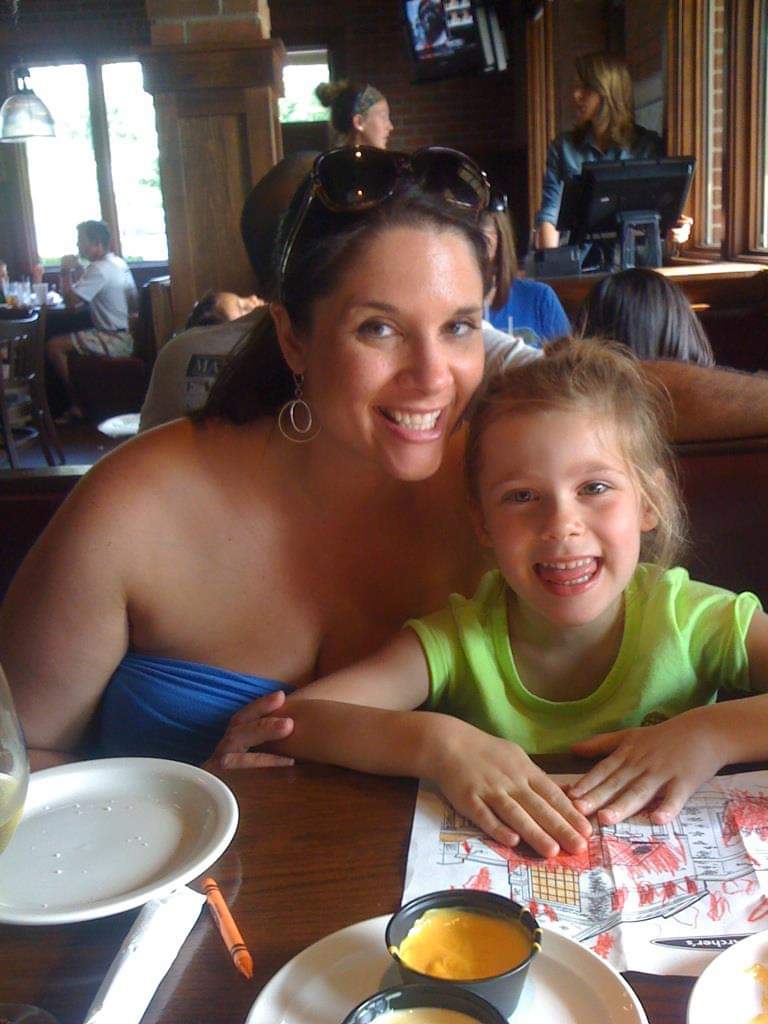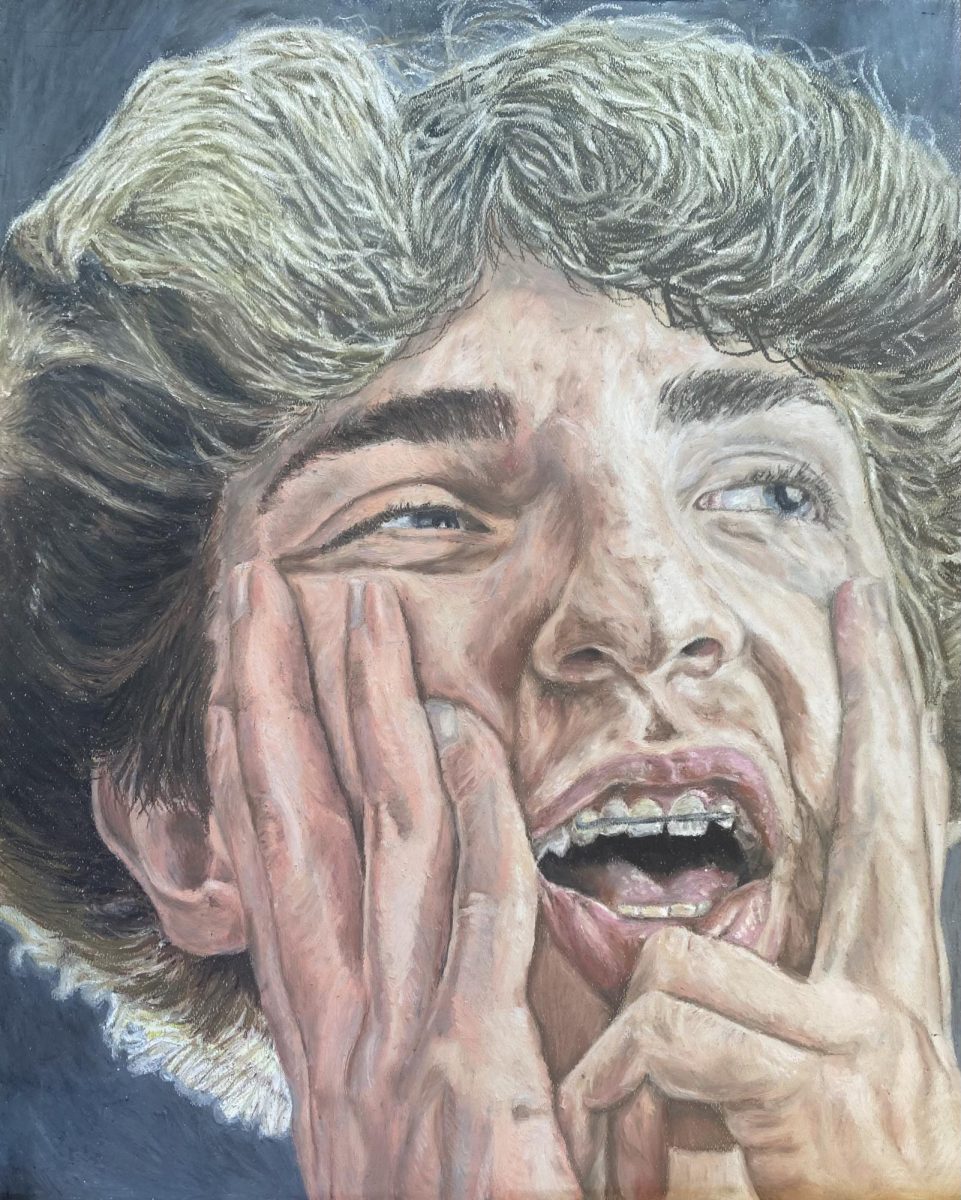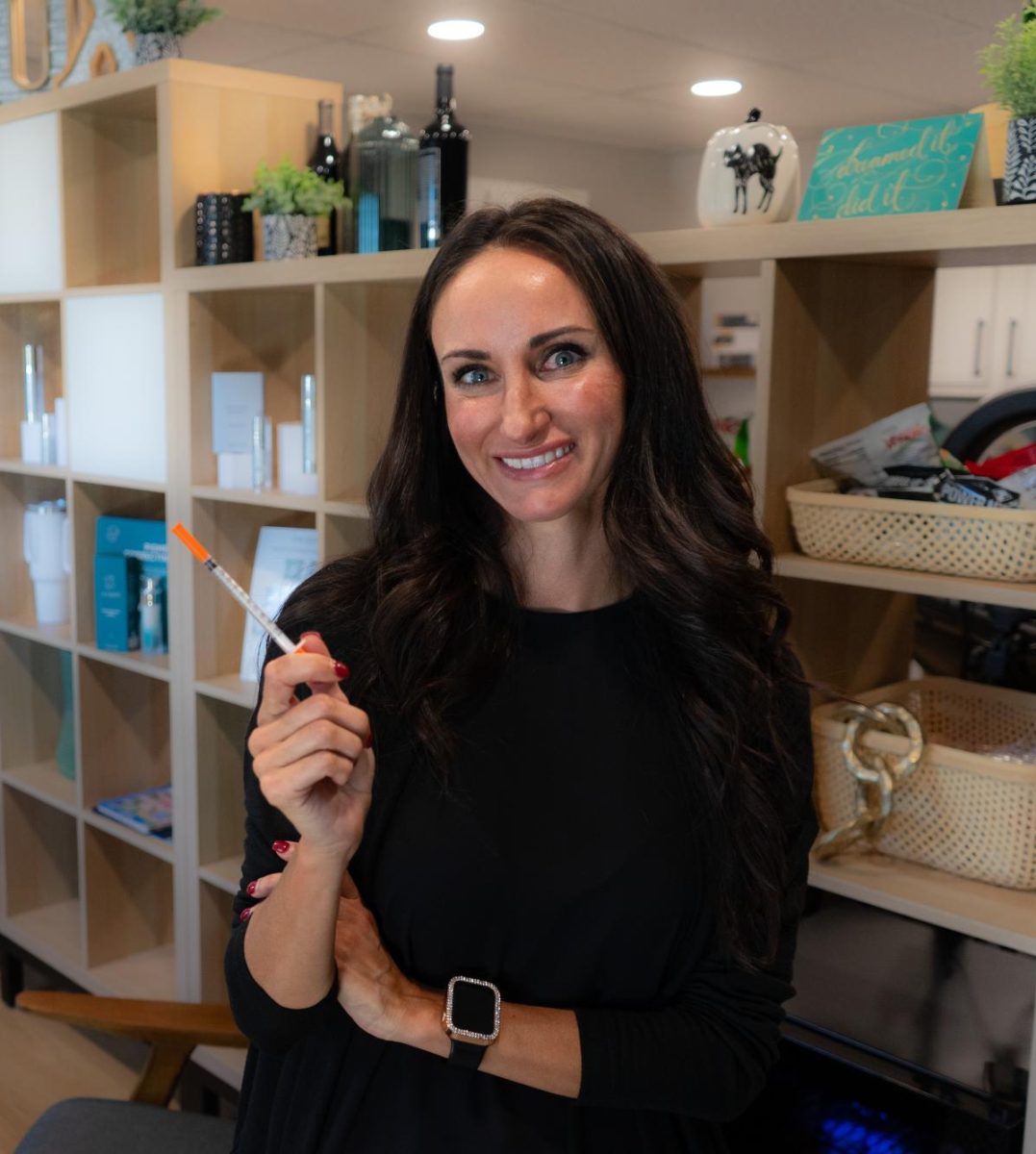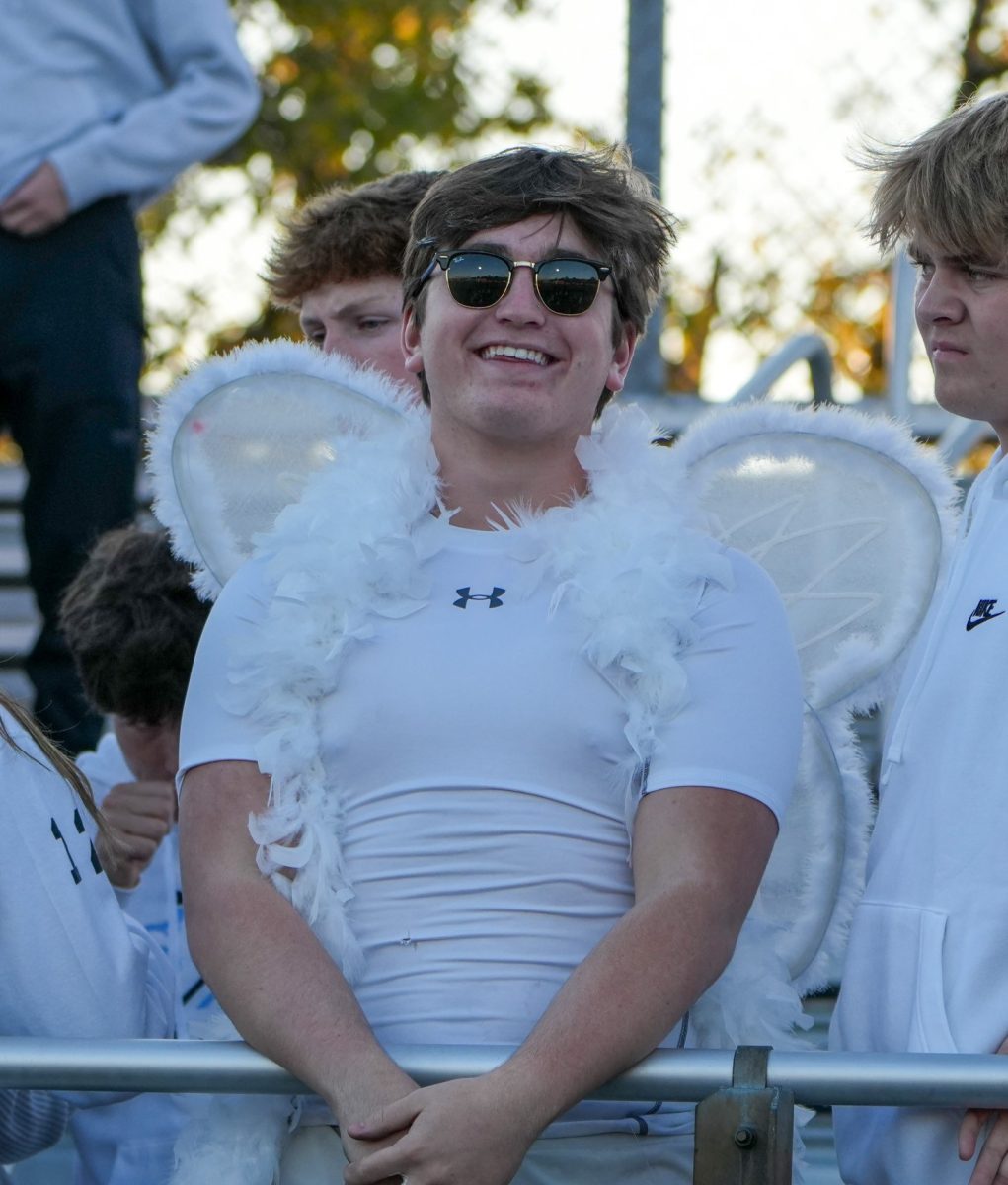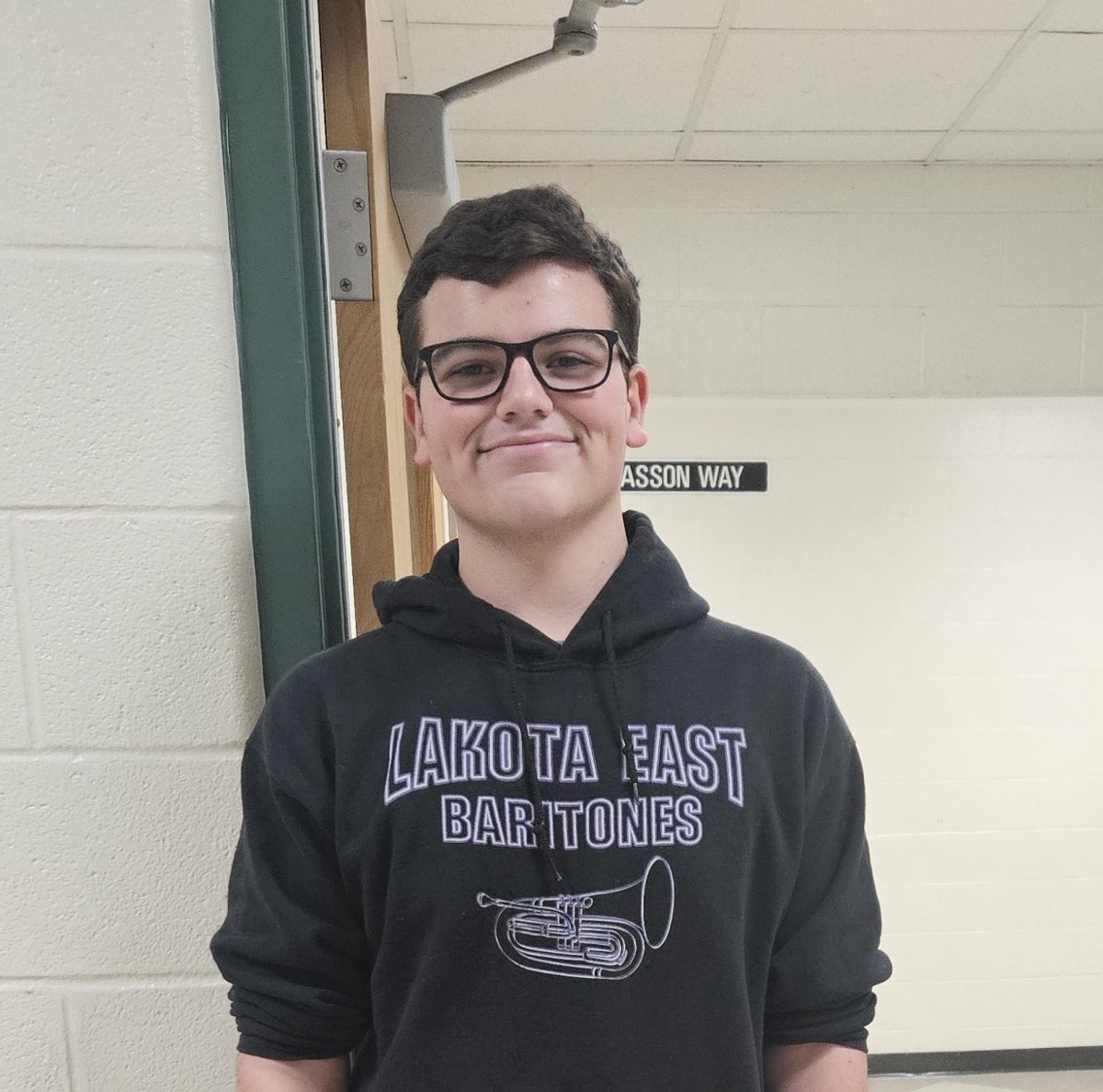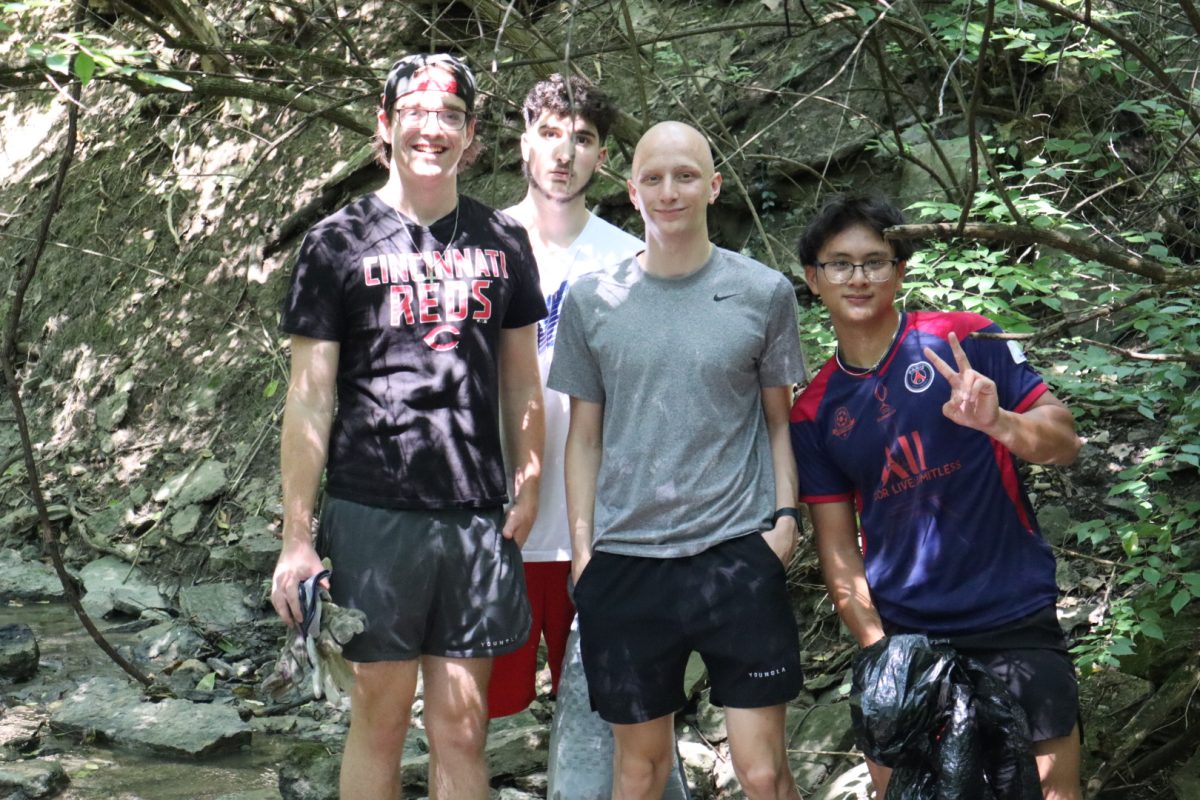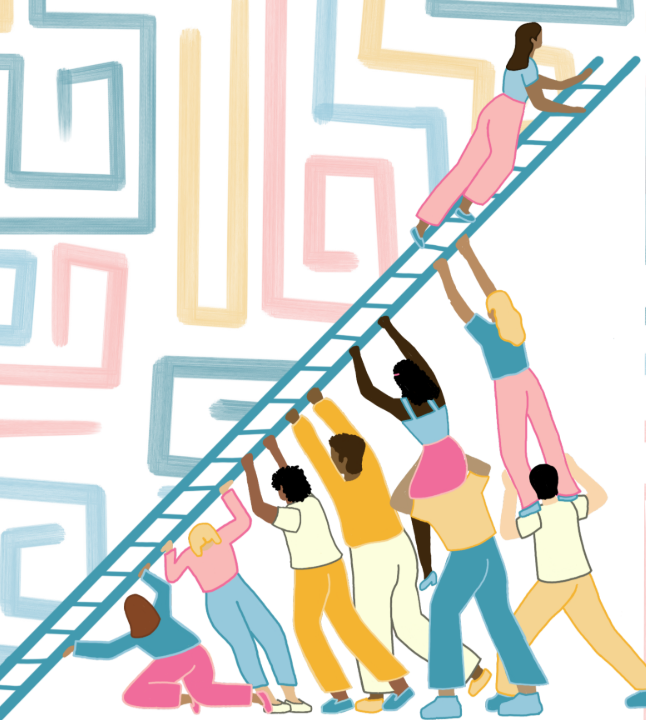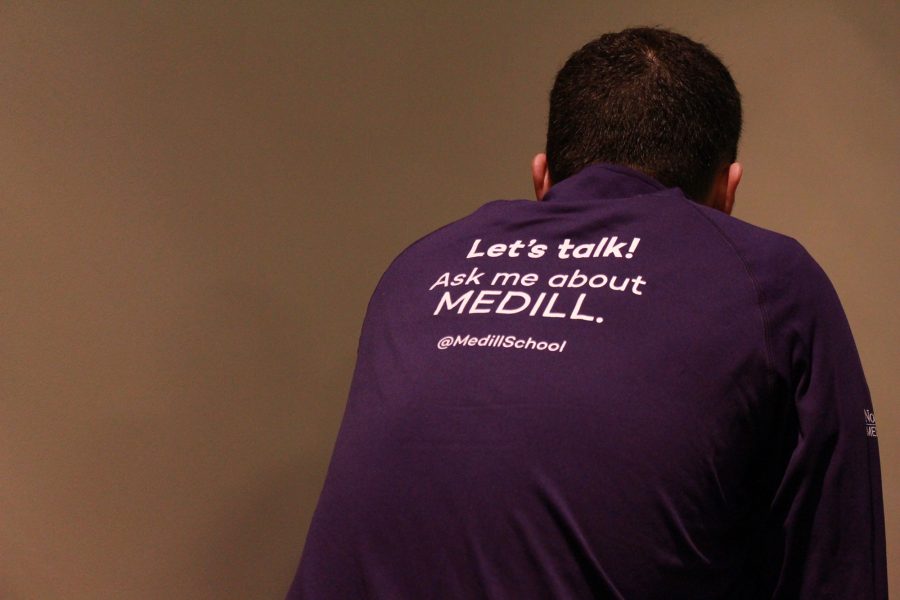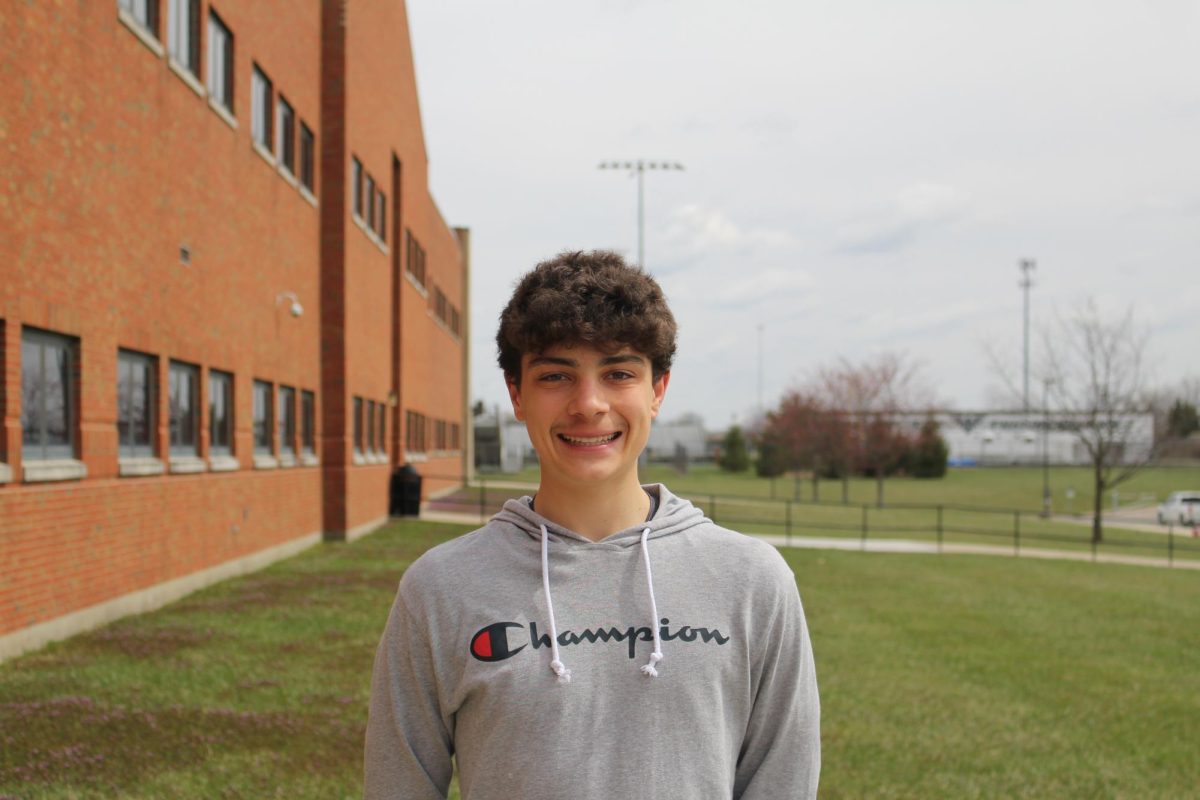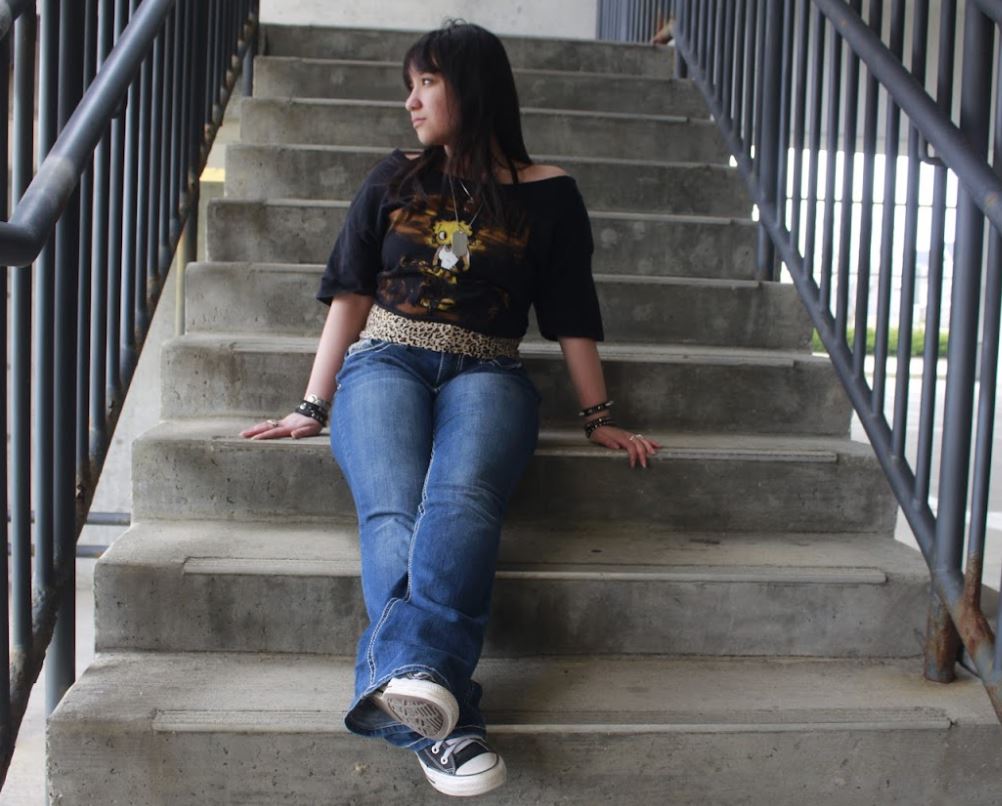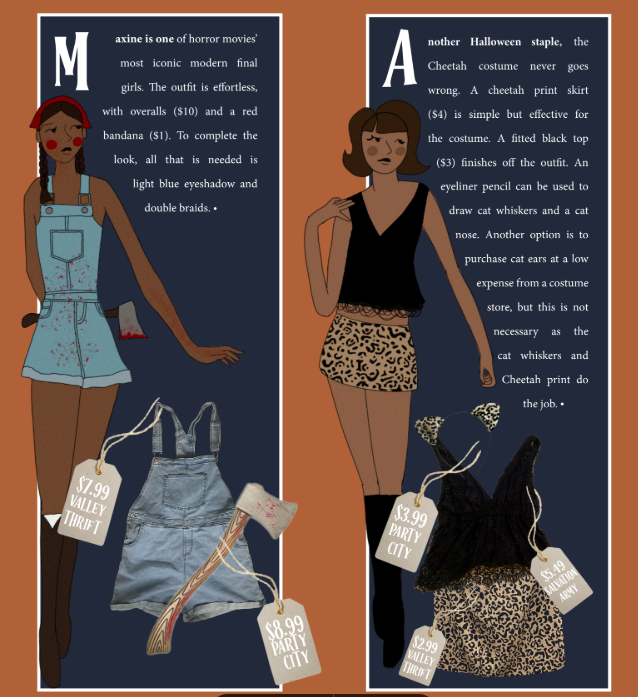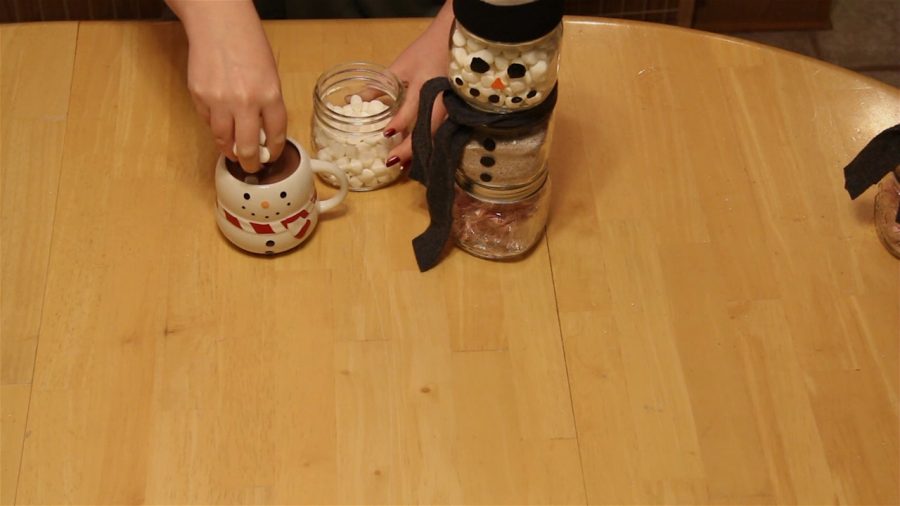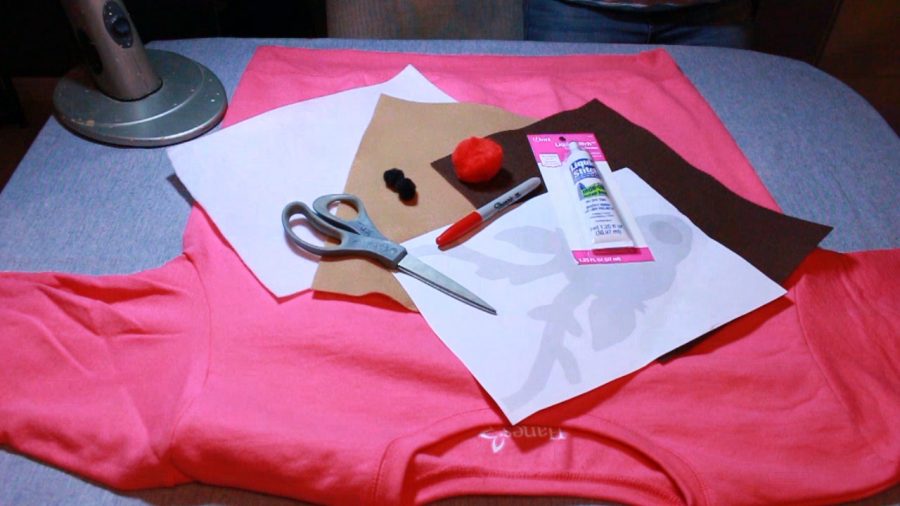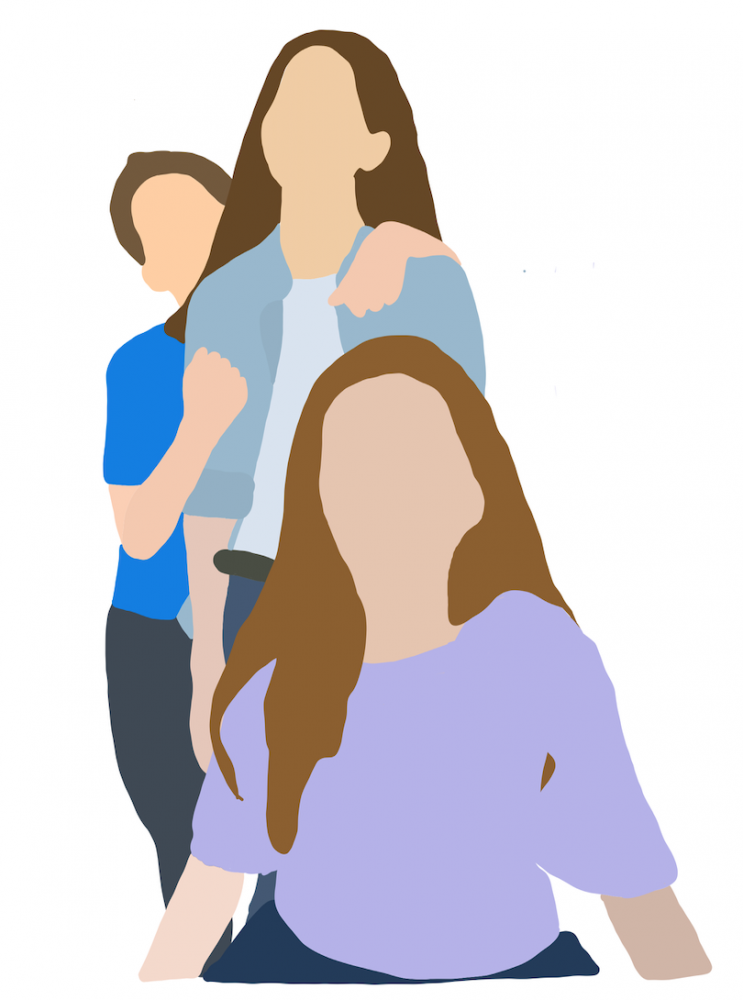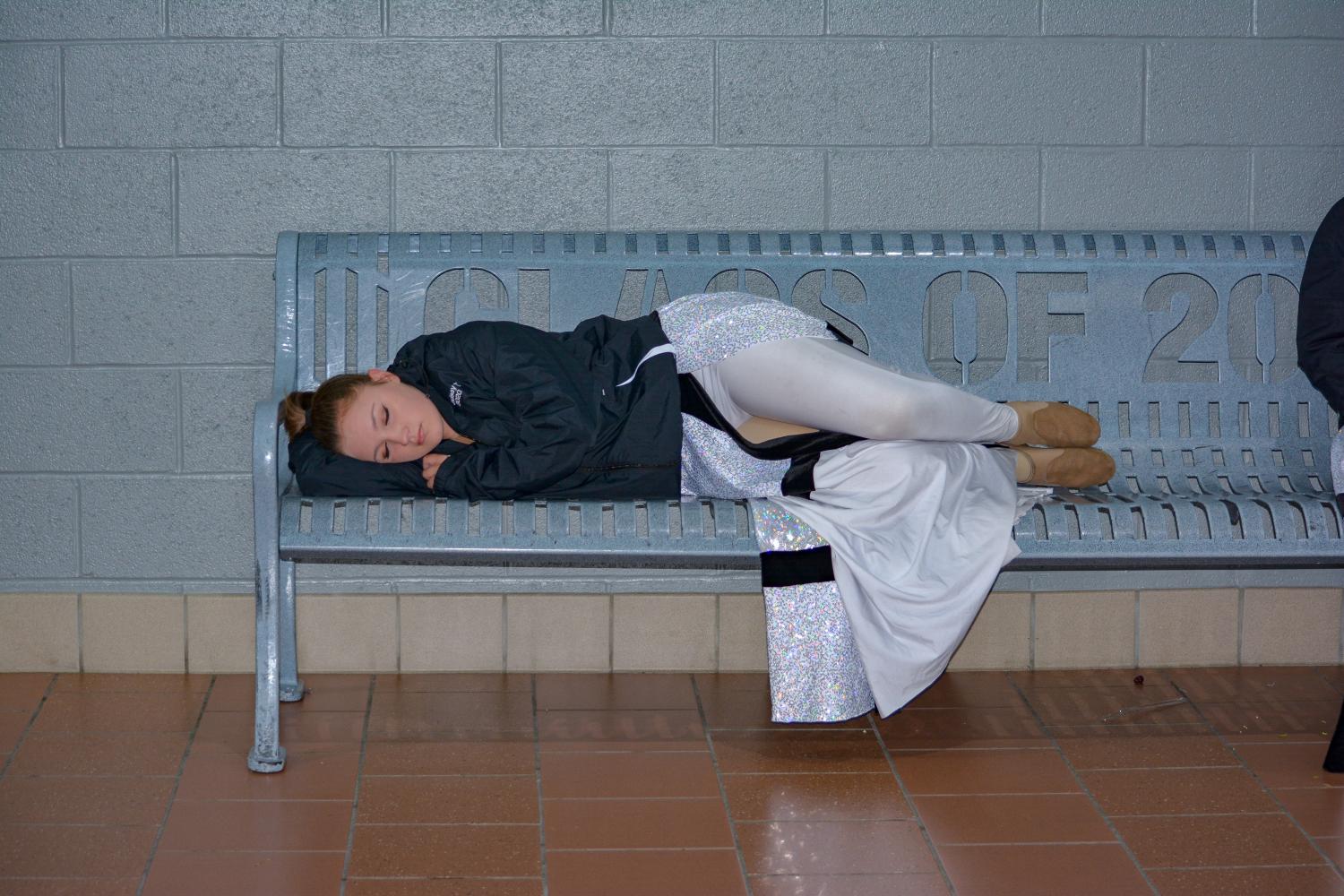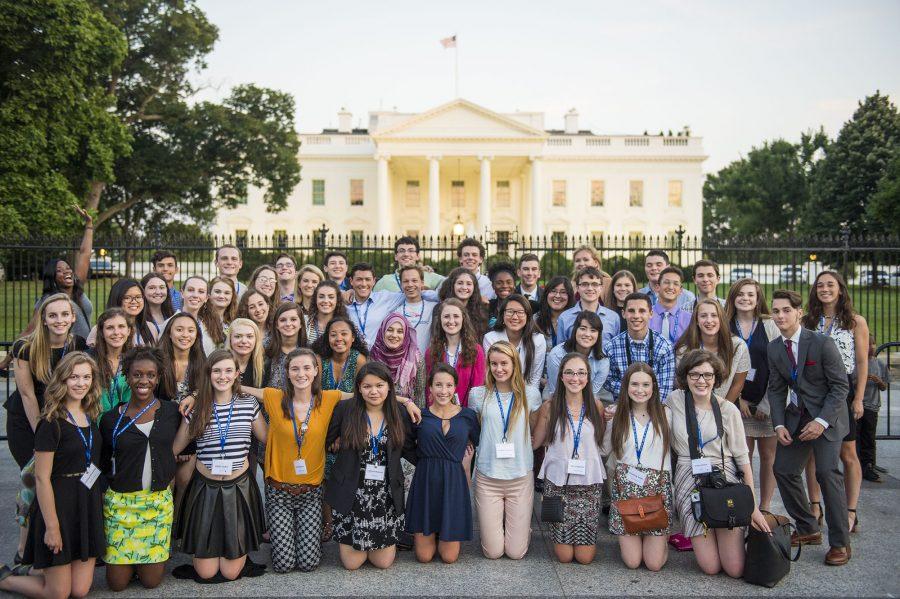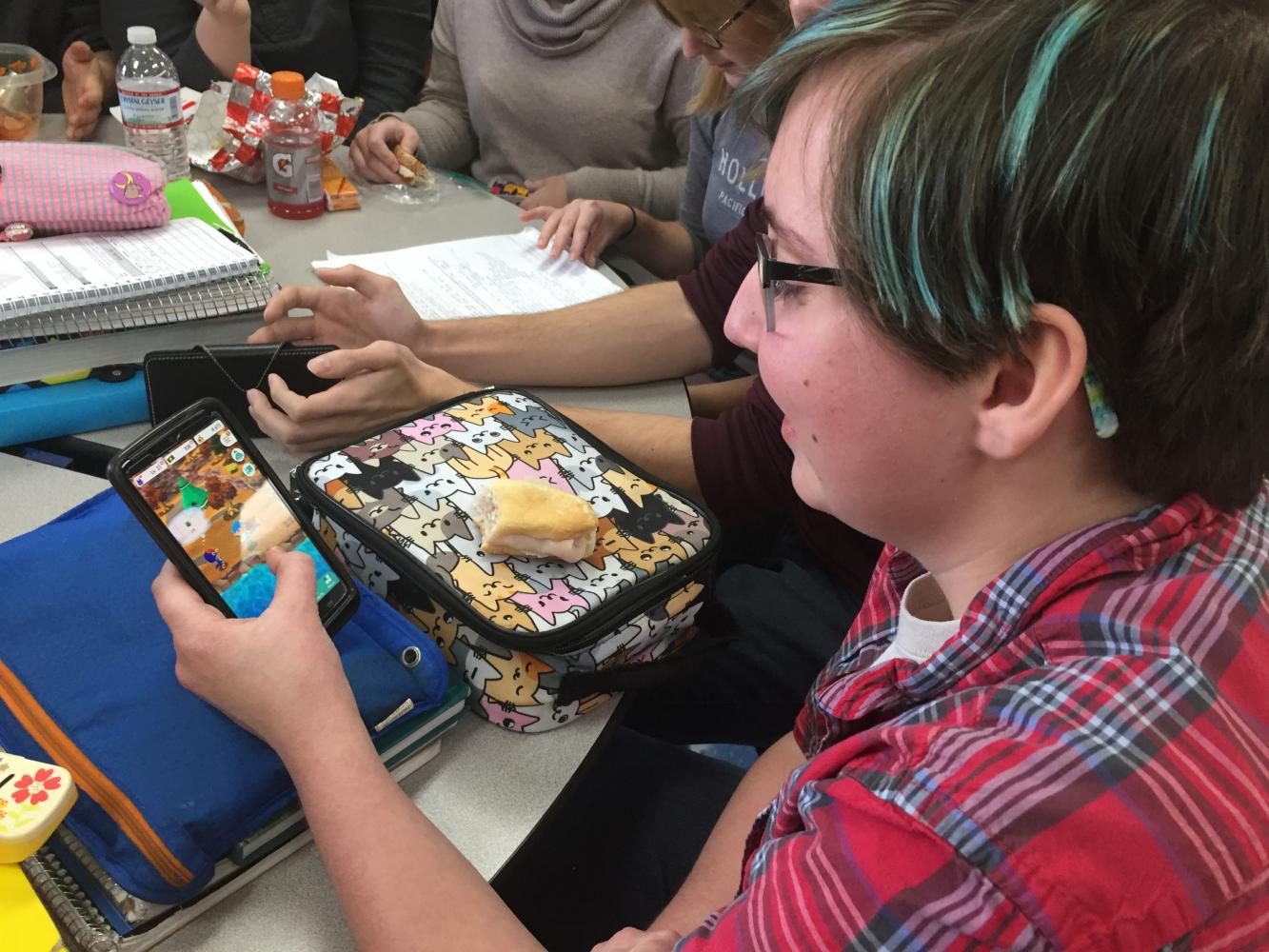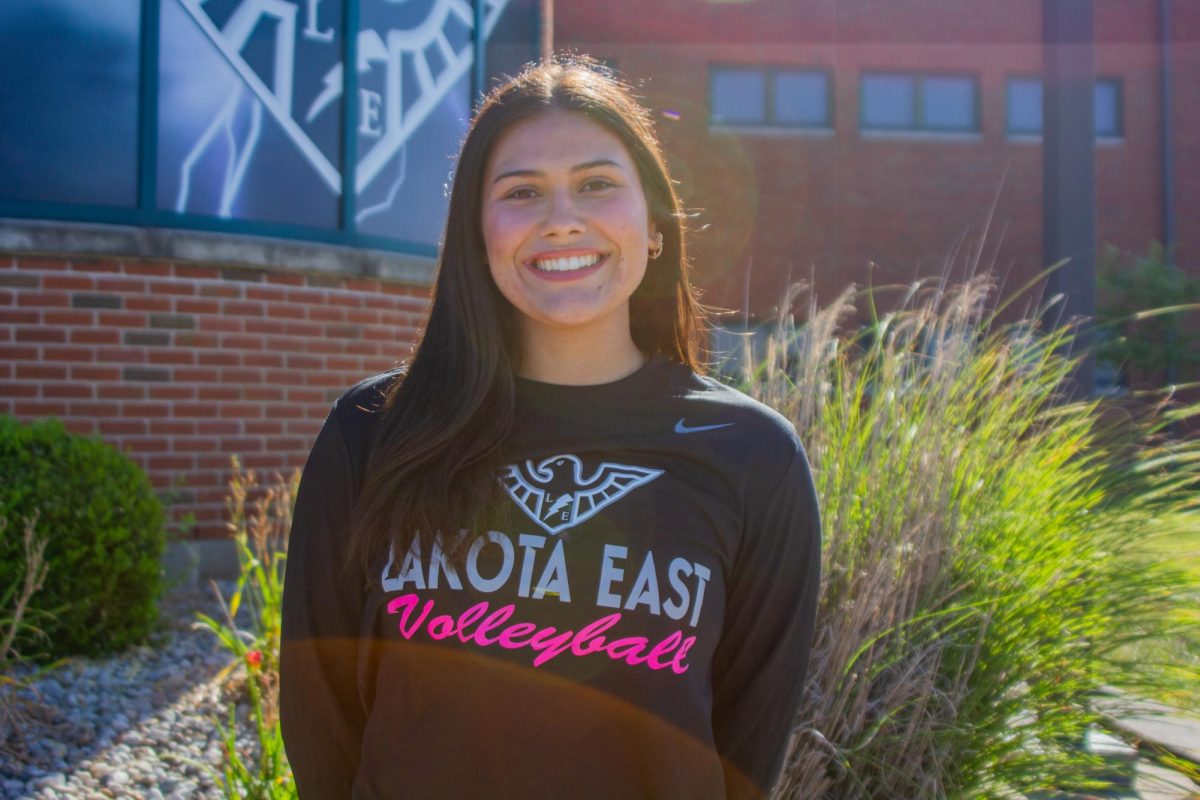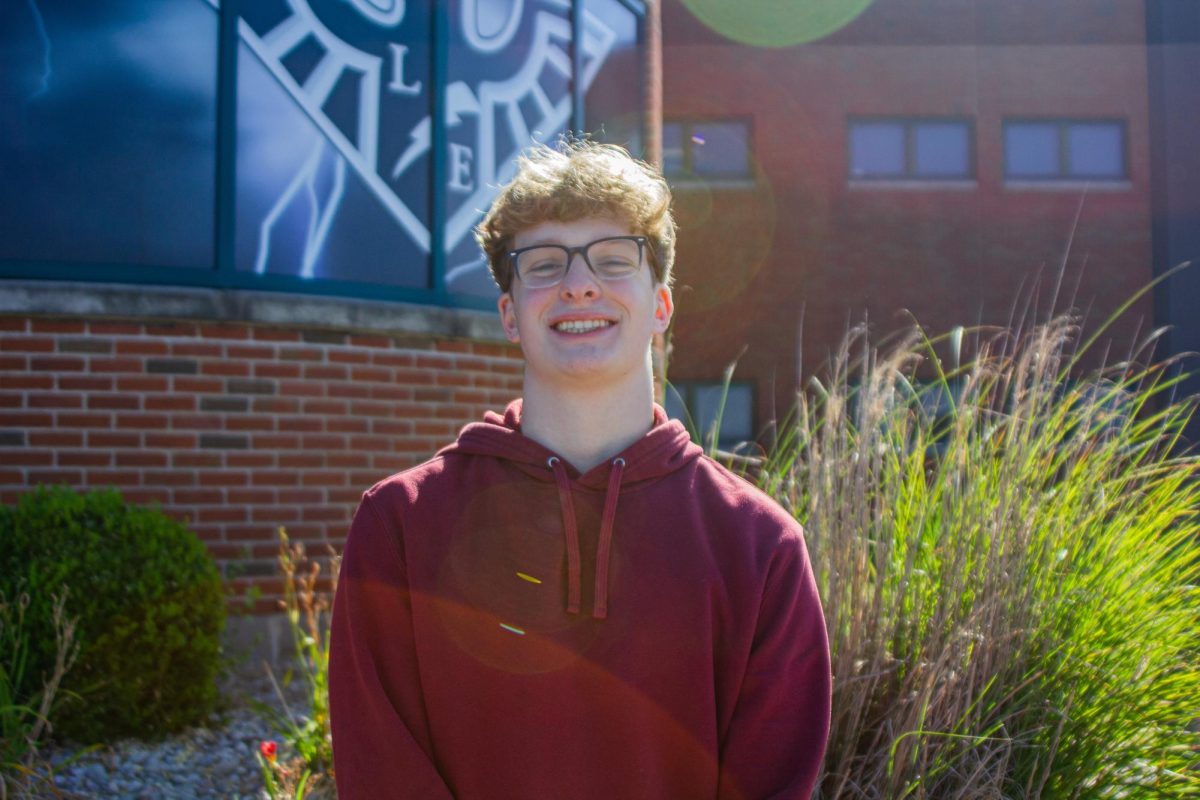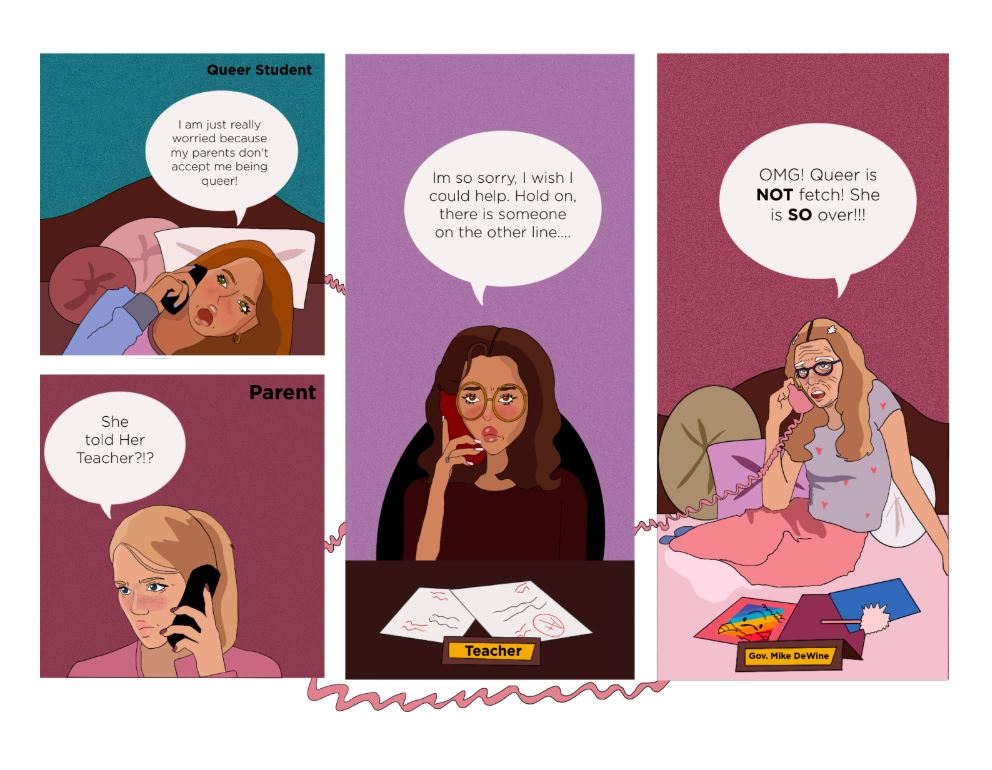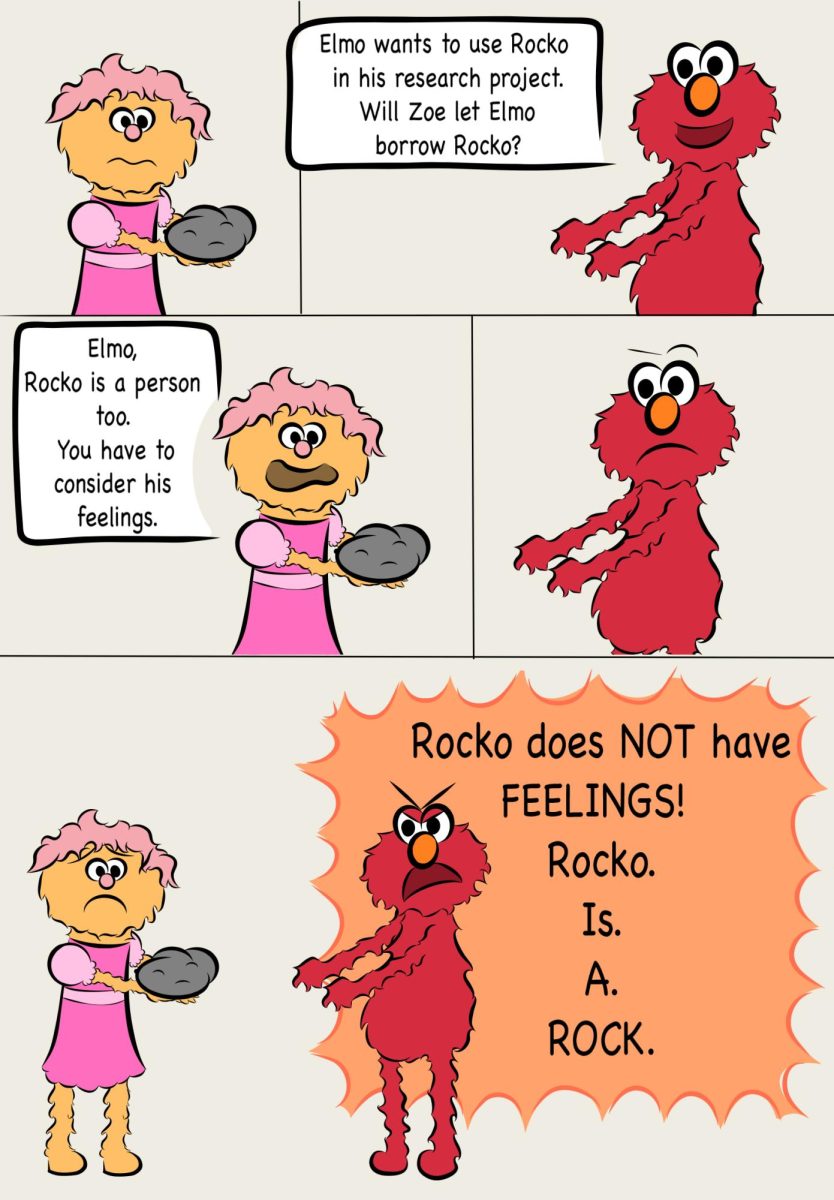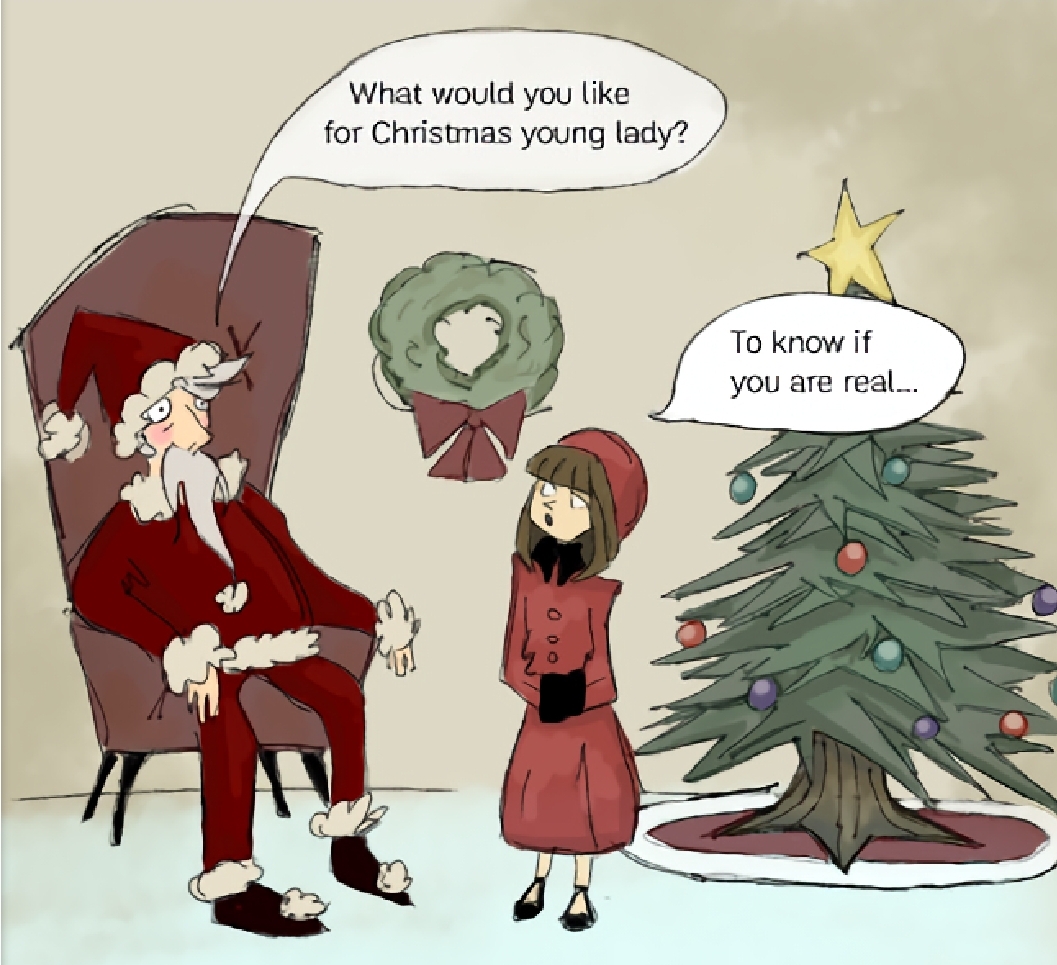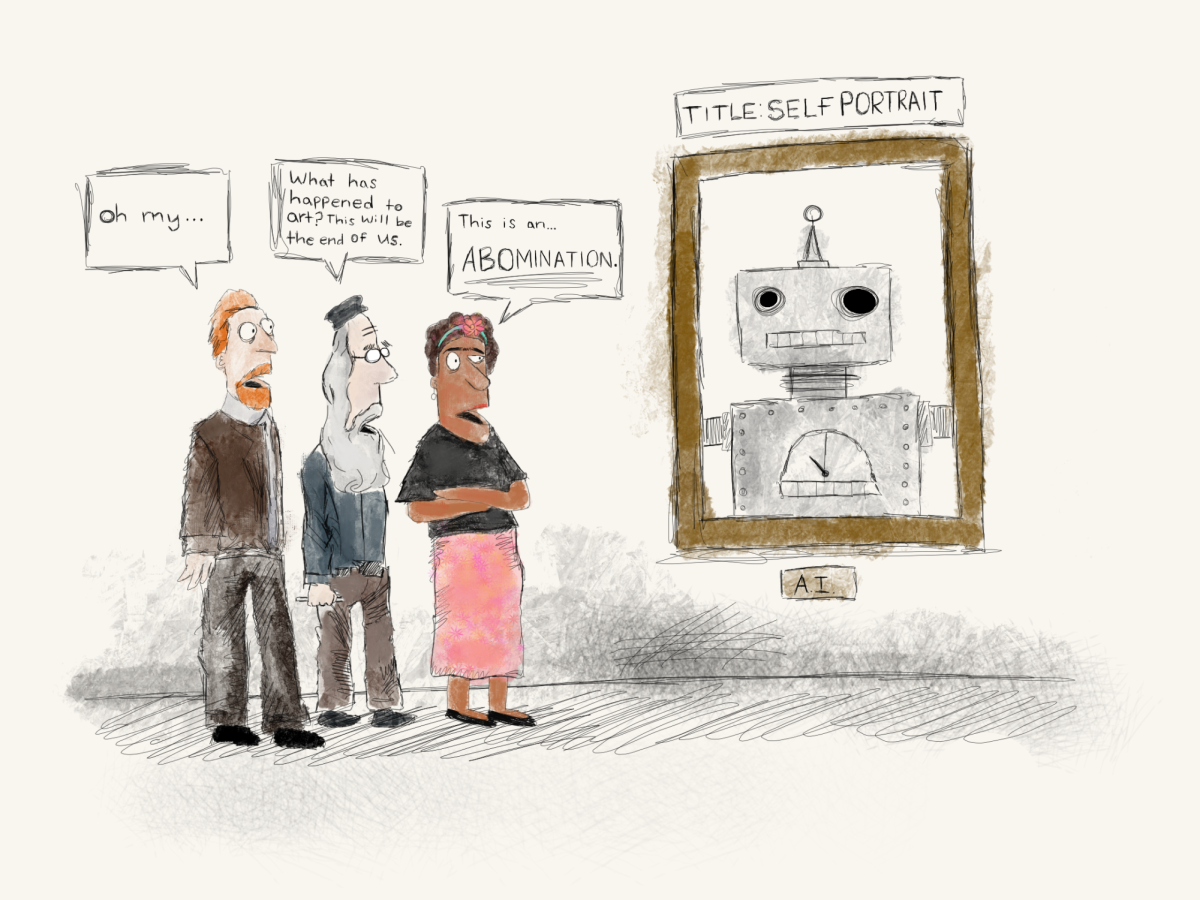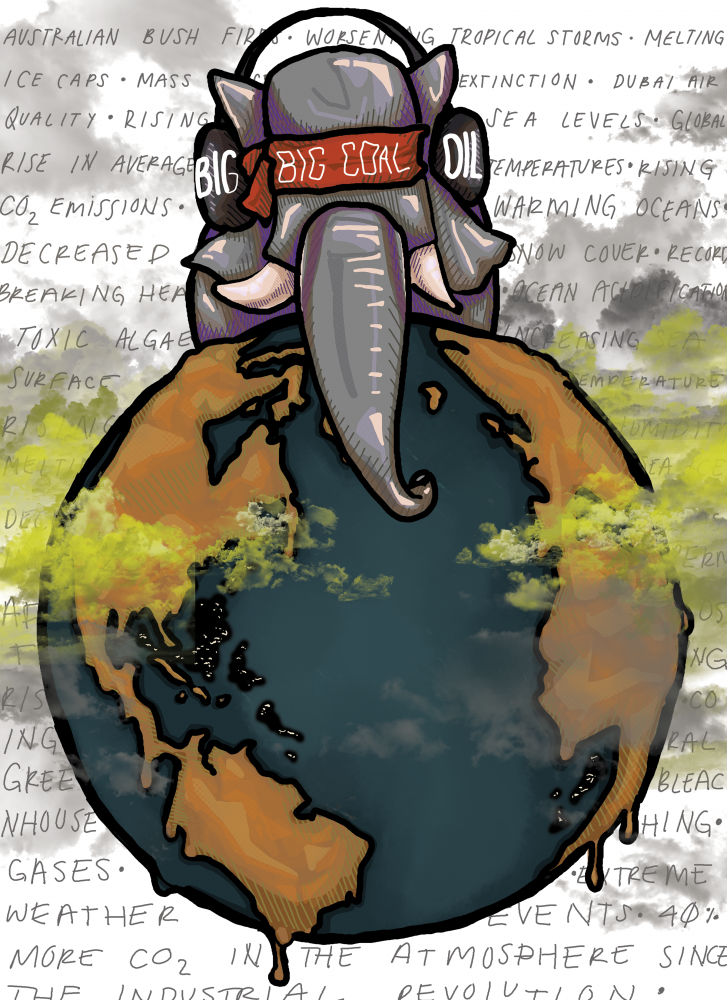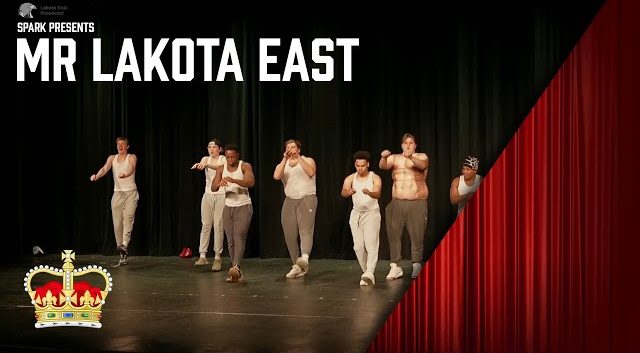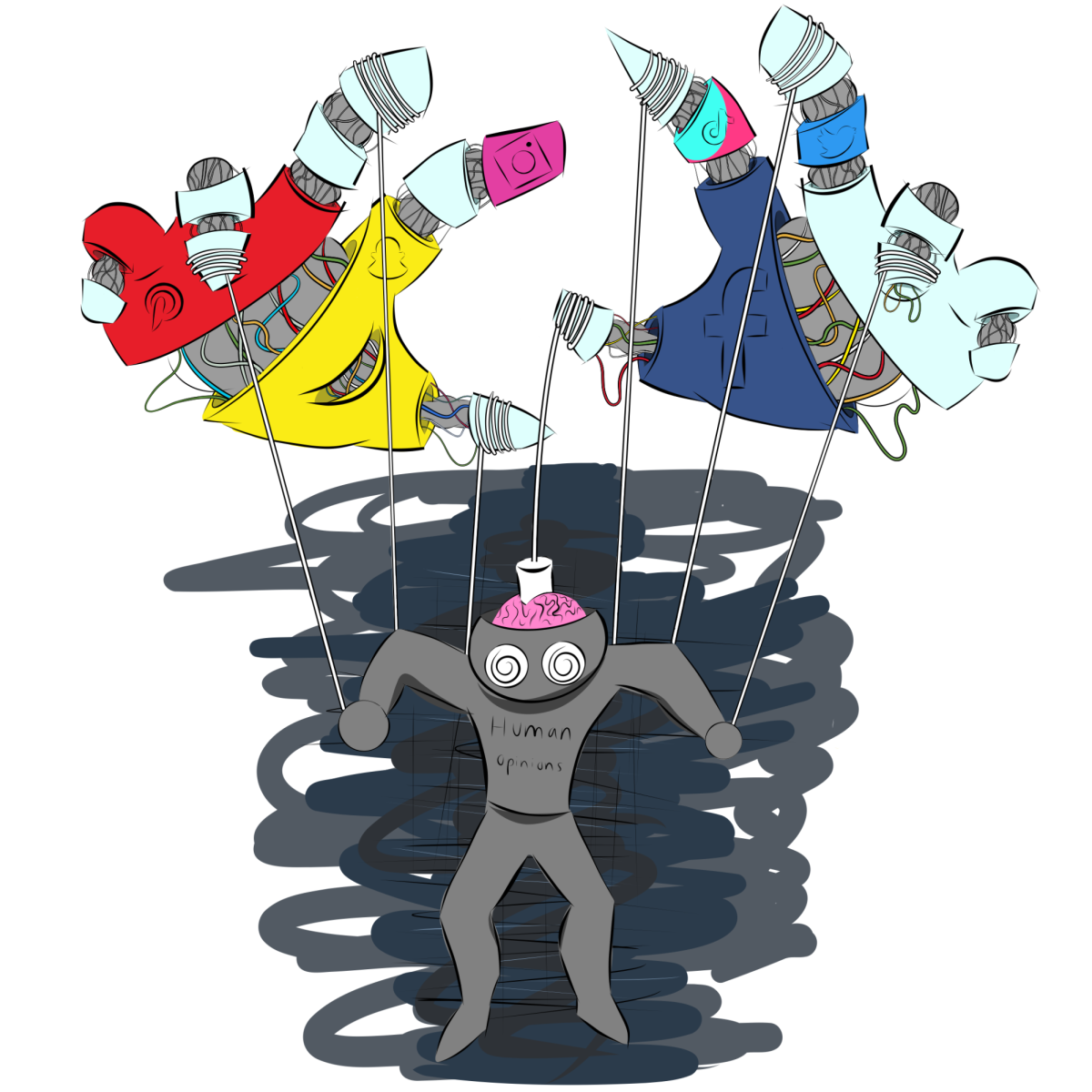Erik Menendez confessed that he had murdered his parents to his therapist before Menendez confessed that his father had been molesting him. Erik Menendez had felt more comfortable confessing to a crime that put him in prison for life, rather than admitting sexual abuse.
“If my clients’ names were Erika and Lyla Menendez would that change your opinion?” A question that left the courtroom in deafening silence when asked by Leslie Abramson, the lawyer of Erik Menendez in the two infamous, nationally aired, murder trials. On July 2, 1996 Erik and Lyle Menendez were found guilty of the first-degree murders of their parents. The Menendez brothers had shot their parents on August 20, 1989 due to the alleged, repetitive sadist sexual abuse and molestation that José Menendez, the boys father, had inflicted upon his sons.
Judge Stanly Weisburg had declared before the second trial began that any argument or evidence that involves the alleged abuse will be inadmissible for the trial. Judge Weisburg reasoned that since the brothers were not women they could not have suffered from, “battered woman syndrome.” This syndrome is the set of symptoms shown in women who have been repeatedly abused by someone they trusted. In making this ruling, the judge had answered Abramson’s question, if Erik and Lyle Menendez were women, the case would have been different.
While this trial had happened in the early to mid 90s’ and times are different now, male victims of sexual abuse and assault are still not as represented or recognized as female victims. According to the National Alliance to End Sexual Violence, about 14% of reported rape cases involve men or boys. This statistic is only regarding the rapes that have been filed and reported to authorities, not the rapes that have been kept secret.
According to the National Alliance to End Sexual Violence, about 14% of reported rape cases involve men or boys. This statistic is only regarding the rapes that have been filed and reported to authorities, not the rapes that have been kept secret.
According to American Press News, rape survivor, Sam Schultz, admitted he had taken over 8 years to find the courage to report his assault to the authorities. Schultz confessed that after he was raped he did not feel safe going to a hospital, even less safe going to the police. His assault had left him in a catatonic-like state, he went home and stared at the wall for hours.
According to the Department of Justice, only 310 out of every 1,000 sexual assaults are reported to the police. Societal views of American men have shown them to be strong, powerful, and emotionally unavailable. However, being vulnerable or intimate are not popular characteristics of the “ideal American man”.
Like Schultz, and many other male victims, the main reasons men do not search for help after rape is due to stigma, shame, guilt, and embarrassment. According to John Hopkins Medical Center, women are nearly twice more likely than men to be diagnosed with depression or anxiety, despite men being four times as likely to commit suicide. This statistic expresses that men do not truly struggle less than women, but are less likely to seek the help they need.
It is also a common occurrence in men who have been assaulted, to be unsure if they were taken advantage of. Different contributors could make a man feel as though his experience was not as valid as a woman such as, involuntary responses, societal apathy, or personal oblivion. T hey may also be less likely to recognize that unconsentual or unwanted physical touch is, in fact, sexual assault.
The media constantly invalidates and does not recognize male experiences with harassment in situations. At the 2012 American Music Awards Jenny McCarthy had grabbed 18-year old Justin Bieber by the neck, kissed his neck, and squeezed his rear. The crowd had laughed off the assault of an 18-year old boy committed by a woman over 40-years old on national television, not recognizing the violation of Bieber. If the situation was reversed, and Bieber had grabbed McCarthy, would the crowd have been laughing?
Society has improved in addressing male sexual assault victims compared to previous years. There are a multitude of resources to support male victims of sexual abuse, assault, and/or rape such as: 1 in 6, Just Detention International, MaleSurvior, MenHealing, and the O’Brien Dennis Initiative. Help for victims of sexual abuse or assault for members of all genders and race is available with a 24 hour, 7 days a week on the National Sexual Assault Hotline: +1 (800) 656-4673.
The Menendez brothers’ case has been reviewed and they are now eligible for parole. Sam Schultz, 5 years after he filed a police report, his assaulter has finally pleaded guilty. There have been numerous protests in honor of male survivors to show their support and encourage male victims to come forward. However, while there are still unreported cases of male sexual assault in the United States, society still has a ways to go before true equality in the representation of assault victims.


